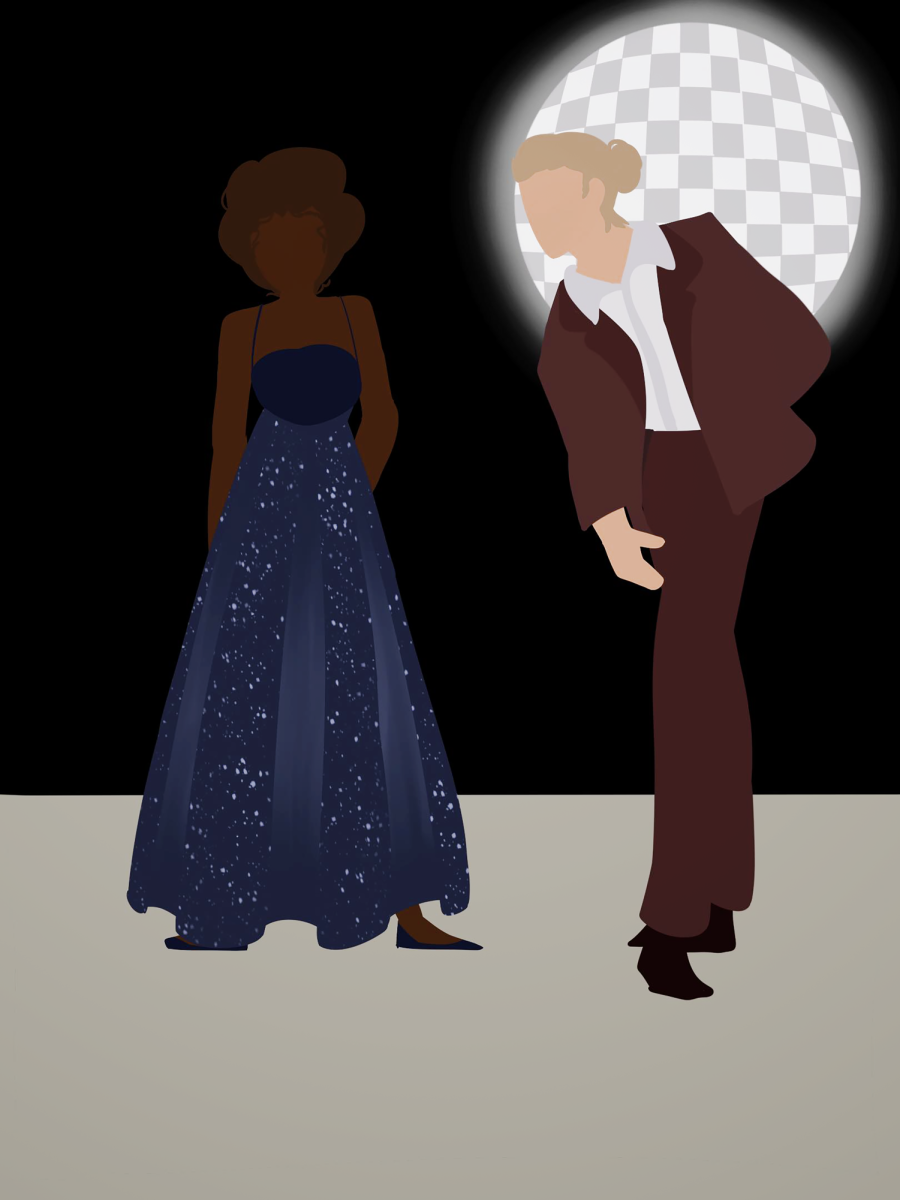As you are entering your teen stages, your brain is changing. It is learning to process information and solve problems efficiently. Even before or after these changes, you can still experience different types of psychological phenomena, depending on the situation.
One of the most popular phenomena is déjà vu. Around 97% of people experience this at least once in their life. Déjà vu is a sensation of already experiencing a similar situation in the past. When this happens, you are unable to recall the memory, most likely because it hasn’t happened in your life. The phenomenon occurs when there is a miscommunication between both your temporal lobes, the parts of your brain that are for memory recollection and familiarity. Déjà vu is not a cause for concern unless it happens often, which could indicate an epileptic or focal seizure. Personally, when I experience déjà vu, it sticks to my mind for an hour because I find it crazy that our brains can do that.
Another common phenomenon is the bystander effect. When someone is in a bad situation and needs help, a bystander is less likely to help if there are other people around them. People feel that if there are a lot of people watching, they have less of a responsibility to help. Not only that but social influence is a big factor. An individual interprets the behavior of others around them to determine how to act. If you are in the situation, one of the ways to get around the bystander effect is to make direct eye contact with a person. By doing that, it makes it harder for that person to turn you down. Although it is scary to help at times, the bystander effect is the reason so many people stay in danger and have no way of getting out. Sometimes all a person needs is attention to leave a life-threatening situation.
The own-race effect is something that I experience often but didn’t realize was a phenomenon. The effect occurs when you are able to easily recognize people that are your own race or races you have been in contact with. Physical features can make it easier to recognize others. For example, most Persians have smaller eyes, higher-arched and thicker eyebrows, and sharp cheekbones. Along with physical features, the behavior of others can allow you to easily identify one of your own.
One out of every three people experience the placebo effect. The placebo effect is when a nonactive treatment is administered to a patient and there are signs of improvement. Although there is nothing in the drug to actually help the patient, the connection between the mind and the body can help one to feel better. One’s expectations of what something can do factors can cause their body chemistry to give similar effects as if they are taking a medicine. The placebo effect usually occurs during clinical trials.
In 2018, a study for cancer-related fatigue was conducted. They either received the placebo or their treatment which was labeled for them to know. After three weeks, the ones who received the placebo pill stopped taking it and the ones who had their regular treatment had the option to take the placebo for three weeks. At the end of the study, it was determined that those who took the placebo pill experienced improvement in their fatigue during those three weeks and still felt it after three weeks of not taking it.
One of the weirdest known phenomena is terminal lucidity. According to scientificamerican.com, Terminal lucidity is “the unexpected return of cognitive faculties such as speech and “connectedness” with other people.” Sometimes this can happen years before death which is called paradoxical lucidity, where patients regain memories back randomly in life. Researchers are not aware of the reason this happens but some believe that it is a fluctuation of brain functions. Out of 338 patient deaths at a teaching hospital, only six were reported to have terminal lucidity, all of which died within nine days.
Although these phenomena may seem strange, they show how a vital part of our body stays connected with the world. Since the human brain is so complex, it is good to stay informed about what we do know and possible discoveries.








